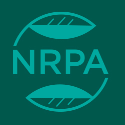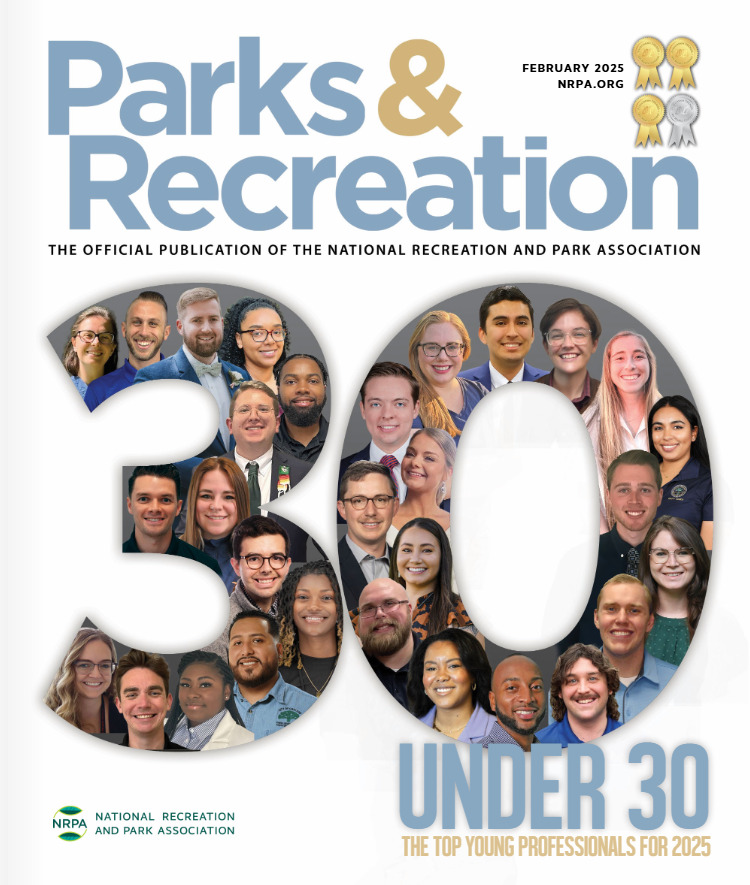
Tips for Writing a Competitive Session Proposal
1) Plan the Presentation
Consistently, the most effective proposals are ones that summarize presentations speakers have already created or presented in the past. Having the presentation planned enables submitters to craft a clear and well-organized description so CPC members understand exactly what to expect from this session. As a submitter, having your presentation planned gives you the benefit of comparing it to the rubric CPC members will be using and, if your proposal is not selected, you will have a presentation ready to go for a future conference or any number of other peer learning opportunities!
It is important to note: sessions that are submitted and accepted must be presented as described, presenters will not be able to change their descriptions or learning objectives after they have been accepted.
2) Write Rigorous Learning Objectives
Learning objectives are like a contract between you, the knowledgeable speaker, and the audience of practitioners attending your session. By reading your objectives the CPC and your audience should know the exact action or skill and content knowledge they will gain by attending your session. Keep your objectives between 1-2 sentences in length and be sure to incorporate action verbs to demonstrate active learning.
Examples of appropriate learning objectives include:
Attendees will be able to list (action/skill) event accessibility requirements under the Americans with Disabilities Act (content).
Attendees will collect (action/skill) program ideas for accessible activities (content) to bring back to their staff.
Evaluate (skill/action) how a tiered messaging strategy improves program participation and brand awareness (content).
REVIEW A LIST OF ACTION VERBS HERE
3) Keep it Simple and Specific
Less is more - the most effective presentations focus on a small number of concepts (think no more than 3 objectives). Consider the success of TED Talks, which almost always focus on one key idea and no more then seven to ten supporting ideas. 1 hour education sessions and 20-minute speed sessions are designed to focus on the essential information, not every anecdote. To keep your session focused on the details, consider using the popular “listicle” format.
| Access Date | Quiz Result | Score | Actions |
|---|


Engage With Us